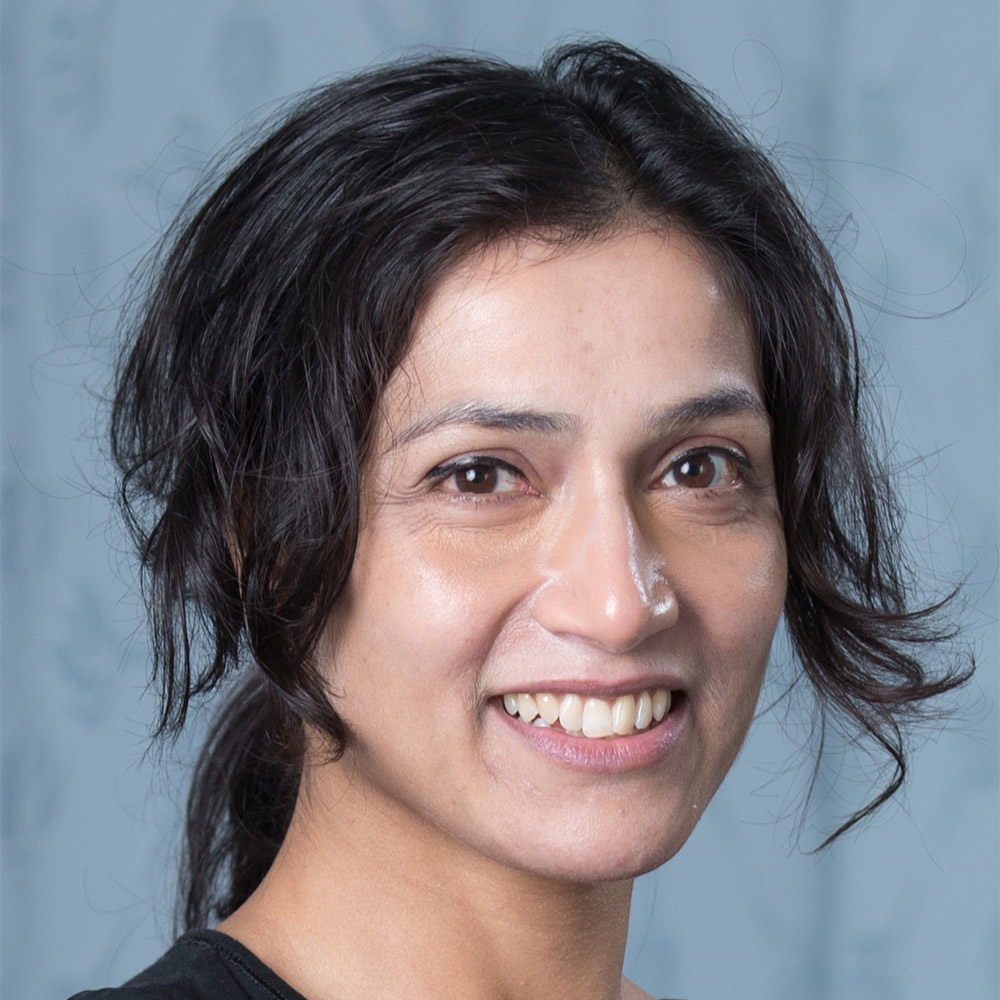The challenge
“In the western world, when people think about the Middle East, all too often they think of terrorism, extremist Islam and repressive states. But that’s not representative of this region of the world which has such rich and varied cultures, people and histories,” explained Professor Chaudhuri, of the Department of Literature, Film, and Theatre Studies.
“I wanted to show people the lived experience of the Middle East from the perspective of the people who live there and reveal the creativity and ingenuity of filmmakers who are creating insightful artistic representations of the region under challenging, and sometimes dangerous circumstances.”
What we did
Professor Chaudhuri is a proponent of a new type of research, that is practice-based. Instead of only writing about films that challenge perceptions, she curated screenings and discussions so that people could see, hear and learn from voices from the Middle East.
Among the events that Professor Chaudhuri curated were film events at Amnesty International UK, followed by a two-month long film season and one-day public symposium - the latter in collaboration with Index on Censorship - at The Mosaic Rooms in London, as well as screenings at NYU Abu Dhabi.
Knowing that films focusing on people’s lived experiences at times of crisis can alter conventional perceptions, for Amnesty International UK Professor Chaudhuri chose films that gave insider perspectives of marginalised communities. For The Mosaic Rooms season she highlighted problems in mainstream reporting on the Middle East and introduced Arab films offering more nuanced and subtle views. At NYU Abu Dhabi she developed a course for the core curriculum, accompanied by public screenings that introduced staff, students and the public to filmmaking under crisis and constraints in the Middle East.
When she returned to The Mosaic Rooms for the public symposium, Professor Chaudhuri wanted to explore, with filmmakers, the obstacles that often stand in their way, such as the stereotypical expectations of funders and festivals. She invited six filmmakers to present their films and discuss the challenges with funders and human rights defenders.




